How to Avoid Going to Court
Most businesses face financial challenges at some point throughout their operations. For many, the primary issues are cash flow and fluctuating demand for their product or service. However, some businesses find themselves in financially compromising situations in which legal cases and court fees rack up company expenses. Knowing how to prevent legal disputes and approach them when they arrive can make a significant difference to your business's ability to flourish.
There are several ways to protect your business, including establishing good client relationships, maintaining legally upstanding contracts, and consulting with professionals should issues arise. Read on to learn more about our strategies for avoiding court battles.
Maintaining Client Contracts
The most successful approach to avoiding conflicts in court is establishing clear expectations with both clients and hired labor. Contracts are a legally binding document that clarifies what kind of work will take place, how much it’s worth, and the deadline by which it must be complete. Having a contract will give both parties confidence and clarity, which prevents conflicts from being taken to court.
A standard contract is thorough but straightforward and documents all necessary details of an agreement between parties. In developing a contract, consider the project's specifications, including pay rate, deadline, confidentialities, termination clauses, and preemptive dispute resolution tools. Once both parties sign, the agreement becomes enforceable in court. Should one party break the agreement, the other has the right to sue for breach of contract.
There are several different types of contracts that you may use for various projects or with some employees:
Nondisclosure
This contract outlines the aspects of a business plan or product that is confidential. It states the personnel permitted to know, discuss, and share the information protected by the nondisclosure. A nondisclosure provides a business owner legal rights to sue if any employees, contractors, or other parties share proprietary information.
Equipment or Property Lease
Depending on the industry, your business may require the use of third-party equipment or property. This typically entails spelling out binding terms and conditions of the agreement, including the cost of rent, maintenance requirements, and damage fees. You should always review lease agreements with your business lawyer before signing.
Partnership or Operating Agreement
If you’re going into business with someone, you must establish clear roles and expectations with your partner. This contract spells out each partner's involvement in the business, including financial contributions, ownership, and distribution of profit and loss.
Indemnity Agreement
Businesses that operate in high-risk industries, including construction, motor-vehicle rentals, animal kennels, and rental properties, will likely need an indemnity agreement. This protects a business from liabilities in case of accidental loss or damage. When clients sign an indemnity agreement, it legally protects the company from lawsuits.
Document Transactions and Client Communications
Even with a contract in place, it can be beneficial to document any operations concerning the written agreement. Save and track transactions, communications, and, when possible, request written confirmation upon receipt of final deliverables.
Tracking relevant exchanges may feel tedious at times, but if the other party to your contract files a court case to settle a dispute, the evidence may help lead to a speedy resolution so that your legal fees don’t become unmanageable.
Invest in Liability Insurance
Businesses maintain assets and liabilities as part of their balance sheets. Assets are owned property (tangible and intangible) of a company, such as technology, real estate, furniture, and intellectual property. Liabilities are owed business expenses such as salaries, taxes, debt, and credit card balances.
Typically, a business carries most of its liabilities in accounts payable. Companies have both current and long-term liabilities in the form of credit lines, loans, salaries, mortgages, and bonds. To remain in good financial standing, companies should have more assets than liabilities. If liabilities begin to pile up, including unforeseen expenses or sudden legal fees, a business may face detrimental hardship.
Reliable insurance will assist in the event that your business operations, employees, or services cause unintentional personal injury or property damage. If a company is found legally responsible for payouts to a claimant, liability insurance will step in to prevent an overburdening of expenses. This includes employees injured on the job and product liability.
Keep a Business Lawyer On Retainer
Settling a dispute without appearing before a judge can save your business expensive legal fees and resolve conflicts more efficiently. One smart way to reduce your chances of being taken to court is to keep a business lawyer on retainer who can assist you in navigating disagreements. If possible, include alternate dispute resolution strategies in your contracts.
Aspire For Positive Client Relations
While there are many successful ways to avoid going to court, perhaps one of the easiest methods is maintaining good client relationships. Be professional, establish a working contract early on, and be communicative in your progress. Diffuse conflicts early on and consult with a lawyer to take responsibility where necessary. Satisfied customers are less likely to sue over mistakes if they feel their concerns are heard and taken seriously.
Need Assistance with a Contract?
If you’d like to start using contracts to help you avoid going to court, get in touch with Daffern Law Firm today. We’re happy to help you draft a variety of contracts and review any that come your way.






